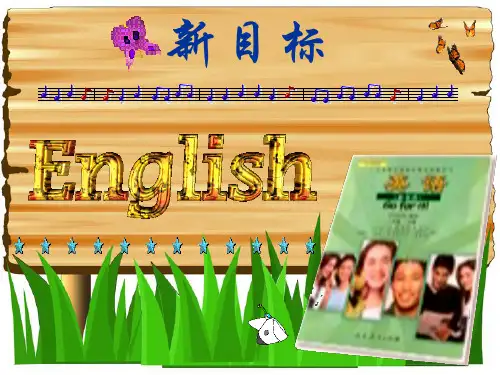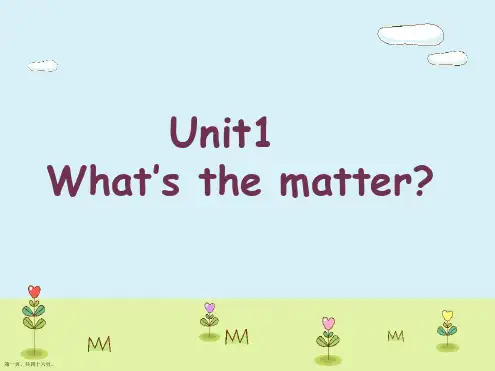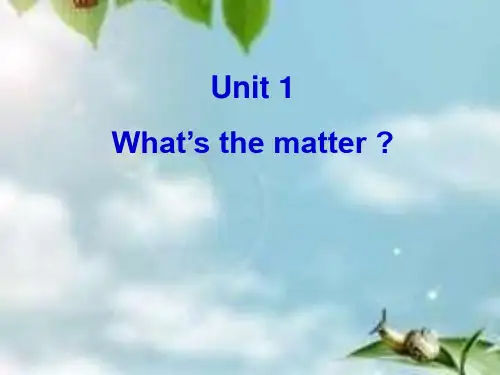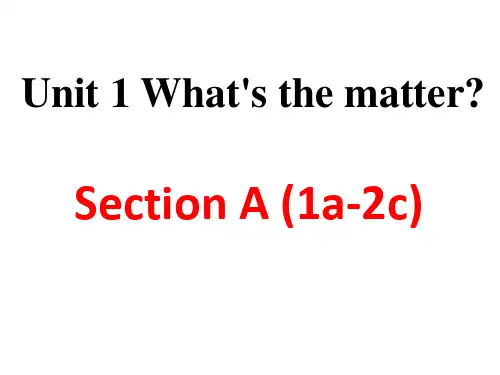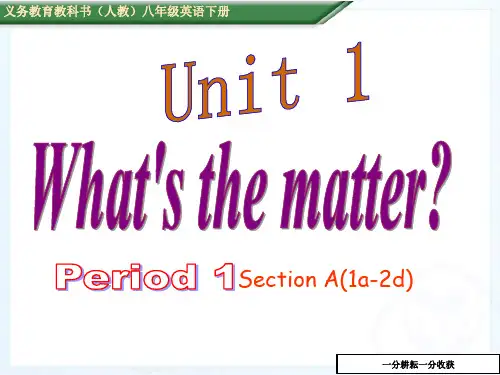(改为同义句) Your best friend is _m__o_r_e_ __p_o_p_u_la_r_ than you. 4. He has some money, too. (改为否定句) Hed_o_e_s_n_’_t_ _h_a_v_e__ __a_n_y_ money, __e_it_h_e_r_.
Ⅱ. 用所给动词的正确形式填空
1. You should _g__o____(go) to see a doctor. 2. Mother asked me _t_o__g_e_t__(get) up early. 3. They are _p_la_n_n__in_g___ (plan) how to spend the
2. I have a sore throat. 我喉咙痛。
1) have vt. 患(得)病, (不用于进行时态)
He had a bad cold last week.他上周患了重感冒
She often has a stomachache. 她常胃(肚子)疼。
一般情况下用have+a+n. 表示患了某种疾
病。如:(固定词组)
咳嗽 have a cough
感冒 have a cold
牙疼 胃疼 发烧
have a toothache have a stomachache have a fever
have a …/has a… 如: I have a cold. She has a cold.
I have a toothache. She has a toothache. I have a headache. She has a headache. 4. Hurt 是受伤的意思,表示什么受伤。 如:My leg hurts. His legs hurt. Her arm hurts
